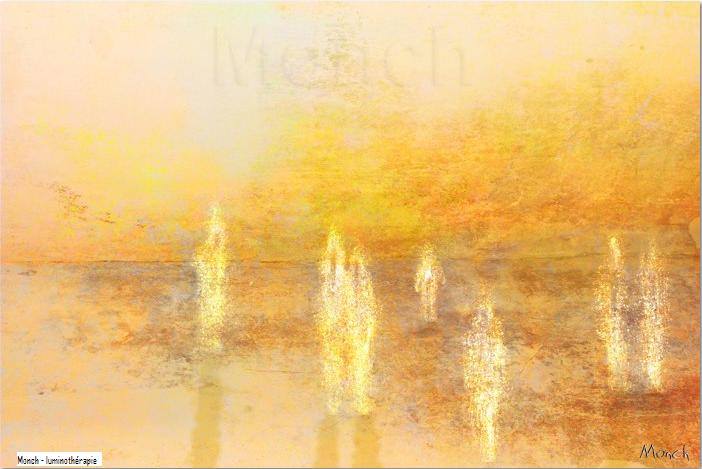What George Orwell and I Have in Common

I would like to think that Orwell and I have a few things in common, but I can confidently say that our bookshop experiences are quite similar.
Orwell worked for a few years in a secondhand bookshop, and he memorialized some of that experience in two works. One was an essay entitled “Bookshop Memories” and the other was a chapter in the novel “Keep the Aspidistra Flying”. The former outlined his own memories of the bookshop where he worked; the latter is a fictionalized rendering of the same experience.
I have sold secondhand and antique books for decades. My grandparents owned a secondhand bookshop, my aunt was a librarian, and a few centuries further back, my ancestors were booksellers. Other than possessing a generational poverty gene, I think I can speak to the bookshop world with some authority.
At the moment, I would like to focus on people — and there are always lots of them — who want to sell me their old books.
Orwell wrote scathing descriptions of the typical persons wanting to sell old books:
One is the decayed person smelling of old breadcrusts who comes every day, sometimes several times a day, and tries to sell you worthless books.
'Ju buy books?' she demanded hoarsely.
'Sometimes. It depends what books they are.'
'I gossome LOVELY books 'ere.'
She came in, shutting the door with a clang… The old woman had produced a greasy little sack from under her overcoat. She moved confidentially nearer to Gordon. She smelt of very, very old breadcrusts.
In case you’re wondering about the small of old breadcrusts, it is an acetone, yeasty and an alcohol odour, and not a pleasant one. I know exactly to what Orwell is referring.
‘Will you 'ave 'em?’ she said, clasping the neck of the sack. 'Only 'alf a crown the lot.'
'What are they? Let me see them, please.'
'LOVELY books, they are,' she breathed, bending over to open the sack and emitting a sudden very powerful whiff of breadcrusts.
‘Ere!' she said, and thrust an armful of filthy-looking books almost into Gordon's face.
They … had the appearance of having been slept on for many years. Gordon stepped back, suddenly revolted.
'We can't possibly buy those,' he said shortly.
'Can't buy 'em? WHY can't yer buy 'em?'
'Because they're no use to us. We can't sell that kind of thing.'
'Wotcher make me take 'em out o' me bag for, then?' demanded the old woman ferociously.
Orwell wrote these words decades ago, yet very little has changed.
I no longer operate a walk-in brick-and-mortar shop, so needn’t deal face to face with this type of individual. However, I still trade in books over the internet and get lots of phone calls from people wanting me to buy their books.
There are many reasons why people want to sell their old books to me; these are some of the most common:
- The Four "D"s: Downsizing, Debt, Decluttering, Divorce
- Inheritance of books from deceased family members
- Having read them and no longer wanting to keep them
- Hoping to make a killing on a yard sale find
- Moving into a condo
I will get an unsolicited phone call, which usually starts with the caller saying something such as:
“Do you buy books, and so how does this work?”
“I understand you buy books”
“I have a large number of books I want to sell”
“I need to sell some books— how much will you pay me?”
You’ll note that I am never asked whether I have a moment to talk, whether the caller might have a moment of my time. They tend to plunge into their request as though I had been languishing by the phone, hoping for them to call, like an old dog wistfully staring at an abandoned rat hole.
When I ask what sort of books they have to offer, I am regularly told “they’re good books” — shades of Orwell! Often I hear “they’ve never even been read”, or “they’re just like new”.
When prompted to disclose whether most of the books are fiction or non-fiction, I will frequently get a question back, such as “what do you mean?” or “what’s the difference?”.
Oh, my.
When asked whether the books are hard cover or soft cover, I am given a general answer, but things get muddled when we get into dust jackets (as in, “what is a dust jacket?”).
If the books are non-fiction, we need to determine what subject-matter is covered. This is where the prospective seller might start to get irritated:
“Will you buy my books or not?”
But, if the seller is being courteous, I will get answers like “history” or “religion”.
Again, we need a little more precision, such as “history of what?” or “which religion?”
On the question of religion, the answer is typically an indignant “Christianity of course”. Oh yes, of course, how silly of me to ask.
On history, I might hear “oh, I don’t know — about wars?”. Or “about Canada”, or “Europe”.
At this point, more of the callers become impatient and demand to know:
“How much do you pay for books?”
Again, it depends on what they are. It is no different from asking someone how much one pays for “fruit”. It depends? Pineapples, bananas, raspberries out of season…?
Without going into the rest of the painfully tedious process, the result is frequently that the books they wish to sell me are essentially “unsaleable” for a variety of reasons.
This will often infuriate the caller. “Why won’t you buy them?”. “I’m not looking for much money”. “I paid a lot of money for these books”.
It is completely bizarre to me why people seem to think that a secondhand bookshop is pining for their rejects, and furthermore wants to throw large amounts of cash in their direction.
It is also bizarre to me that there is rarely a sense of seeking something mutually beneficial. Most of these callers (and sad to say, the majority are women of a certain age — actually around my decade of decrepitude) are completely disinterested in anything except scoring some cash.
In case you are thinking these are hard-up cases, no, most are not. Most of the time these callers hail from upscale neighbourhoods where I could only dream of living.
They seem to think that it is my obligation to pay them for whatever they are selling.
And yet, I am polite and try to explain with just the right amount of information in the most caring and kindly way possible, that I cannot help them.
I wonder what would Orwell have done?
Well, actually, he did tell us. He would silently hold open the shop door, averting his gaze and nostrils.
Would you like to read other posts? If so, please click the Home Page link below:

You, Dear Reader, are much needed and appreciated.
Everything written requires a reader to make it whole. The writer begins, then you, dear reader, take in the idea and its image, and so become the continuation of its breath. Please subscribe so that my words can breathe. Consider this my hand, reaching out to yours.
